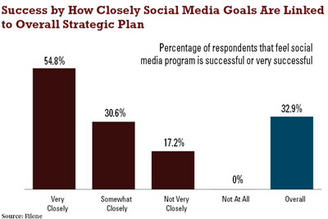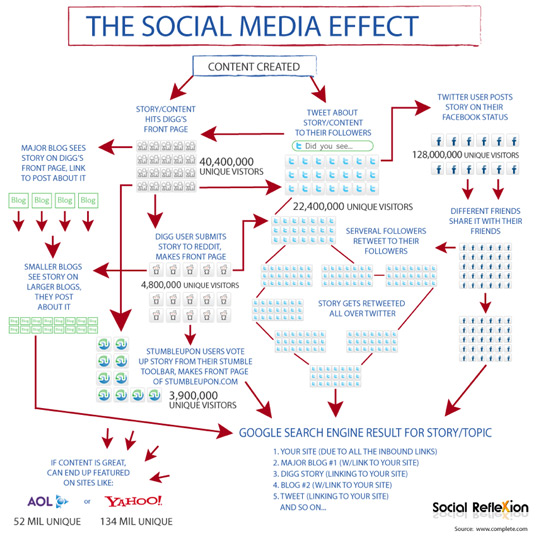What is Social Media? – Famous quotes from the istrategyconference Amsterdam
 After the first day of the istrategyconference in Amsterdam, I briefly wanted to share some insights in how Twitter caught some famous quotes about “What is Social Media?”. The people who brought these quotes up in their presentations, or the people that (re-)tweeted those might forgive me if I am not quoting and linking back to every single tweet, or Twitter account where it came form.
After the first day of the istrategyconference in Amsterdam, I briefly wanted to share some insights in how Twitter caught some famous quotes about “What is Social Media?”. The people who brought these quotes up in their presentations, or the people that (re-)tweeted those might forgive me if I am not quoting and linking back to every single tweet, or Twitter account where it came form.
Why I am not quoting? Apart from having to listen to Power Point presentations, the challenge for presenters and moderators is to attract the attention of a crowd. And for the audience it is becoming more and more some massive workload to do multitasking, and participating an offline event in a 2.0 manner. A thought I have explored in a German post, and definitely need to translate when I find the time for it.
“Sometimes it makes you mad to listen to speakers and keynotes, write tweets, and respond to mails and Facebook at the same time. Not to mention blogging… How do you handle this?” A question I asked my friends on Facebook today. And I know from studies that multitasking is becoming more difficult the older we get, and that we are only able to do maximum two things at the same time. I don’t know how you see this but participation 2.0 is nearly impossible if you want to be share the way people would love you to do it.
This is just a random collection of different quotes that shows how Social Media was defined at the conference. Maybe you add some more quotes…?!
“Social Media is like sand: you can play with it and have fun but sometimes it gets into your underwear and becomes very annoying.”
“Social Media is like gardening: the real hard work starts after the seeding and planting.”
“Social Media is like … a dance with the right music (content) and partner (fan). It never needs to end!”
“Social Media is like an icecream, it’s delicious, everybody wants it, but it melts if you are too slow.”
“Social Media is like teen sex. Everybody wants to do it. Nobody knows how. When it’s finally done its a surprise it’s not better.”
Spot On!
In the B2B SocialMedia panel, which I had the honor to moderate and talk to Ed Bezooijen (Citrix), Paul Dunay (Networked Insights) and Menno Lijkendijk (Milestone Marketing) I also mentioned a quote that I think is going to be the main challenge for B2B marketers in the future. The relationship of content, distribution and perception which was (and in my eyes still is) the advantage of publishers to other content producers and curators. Publishers have all three of these as main pillars of their business…
“Content = King – Context = Queen – Community = The Empire”
If you see it different, tell me. If you like it, do so. If you want to add something, go ahead…
PS: THX to a great team from istrategyconference in Amsterdam for the good organization and the diner yesterday night.

 IBM just recently published their
IBM just recently published their 
 According to the study, companies using Social Media with more than two years of experience are the most likely to report success (57%), while those that have three months or less are least likely (17%).
According to the study, companies using Social Media with more than two years of experience are the most likely to report success (57%), while those that have three months or less are least likely (17%).

 BrightEdge recently uncovered with a
BrightEdge recently uncovered with a 
 Every year, you create a quote that you use either to explain your business, to justify what you are doing or to establish some kind of heritage for those that you think are interested in what you are saying.
Every year, you create a quote that you use either to explain your business, to justify what you are doing or to establish some kind of heritage for those that you think are interested in what you are saying.